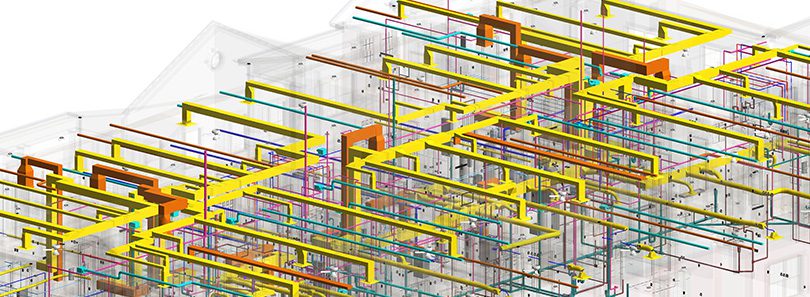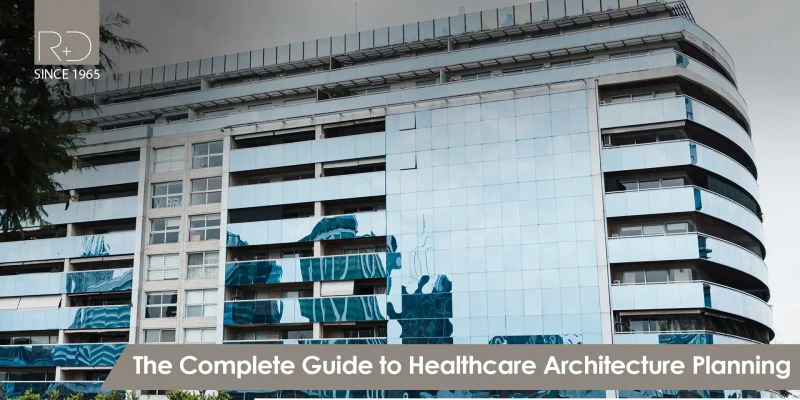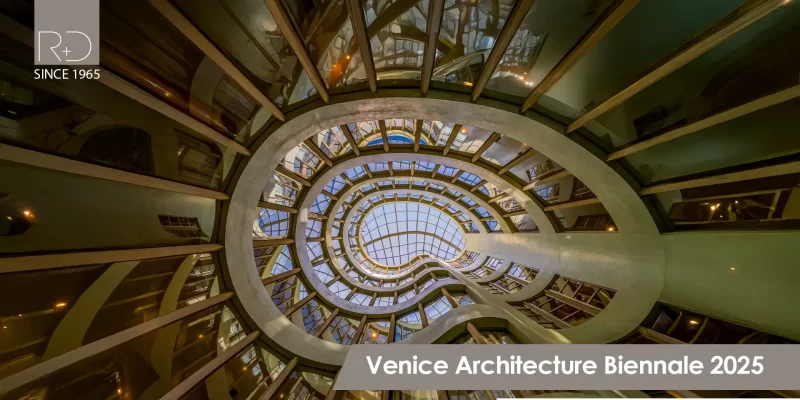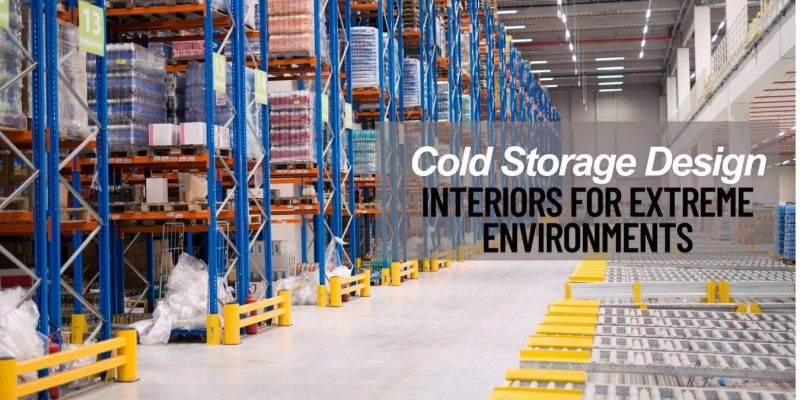MEP Consulting Engineers are key contributors to any construction project. They look after the designing, planning and installation of Mechanical, Electrical and Plumbing networks in the construction project playing an active role.
The construction industry is so lucrative that it requires a lot of skills, precision and safety from the building professionals. Hiring a professional
MEP Engineering Firm allows smooth and successful design of the project. The engineers specialize in their respective trades and are capable of implementing systems. Their work not only includes design and implementation of systems but also designing fire protection systems, building automation, energy consultation and sustainable building design. They act as a centralized source of information along with assisting audits of project workflow and specification. They also help in design, purchasing and installation decisions.
MEP Engineers are continuously working throughout the whole project life cycle, bringing benefits to the project. They often assist in construction coordination and administration. An engineering firm with holistic process wherein there are experts for each trades brings higher efficiency, productivity and clearer communication.
What is an MEP and What does it stand for?
MEP (Mechanical, Electrical, and Plumbing) is what makes buildings functional.
• Mechanical (M) – Controls heating, cooling, and ventilation (HVAC) for fresh air and ideal temperatures.
• Electrical (E) – Powers lights, outlets, generators, fire alarms, and internet.
• Plumbing (P) – Manages water supply, drainage, gas lines, and fire sprinklers.
Without MEP, a building is just walls and a roof. An MEP engineer is a specialist who oversees the design, implementation, and upkeep of mechanical, electrical, and plumbing systems in buildings.
BELOW ARE SOME ROLES AND RESPONSIBILITIES AN MEP ENGINEERS SHOULD POSSESS;
- RESPONSIVE CHARACTER
The MEP Advisor should provide a quick solution to your queries and doubts. A construction project required immediate solution because all the aspects in the building project are related to each other and one problem usually contributes to another. Therefore, the MEP engineer should be efficient at providing rapid feedback to the queries and help in faster movement of the construction process.
- HVAC EXPERT
The core responsibility of an MEP engineer in a project development phase is the user comfort. So, it is a prerequisite that the MEP engineer for the projects holds extensive expertise in delivering effective, efficient, and environmentally friendly solutions to ensure a smooth outcome. HVAC is a crucial part of any building project; therefore, it is vital for MEP engineers to provide efficient heating, cooling and ventilation systems.
- LIGHTING, ELECTRIC POWER & PLUMBING
Every construction is incomplete without adequate lighting connection and proper power supply. When it comes to electrical connections and lighting, the MEP consulting engineer has to go through every detail in a comprehensive manner to ensure that all the connections are safe and secure and positioned exactly where they should be. Lighting and electrification should be designed to enhance the aesthetic beauty of the project. It is also the responsibility of the MEP engineer to use connections that are energy efficient and reduces wastage. MEP engineers must be capable of ensuring the application of proper technology and the right materials in designing and installations of plumbing networks.
- FIRE SAFETY
A proper fire alarm is a critical aspect of fire safety. It provides additional safety cover over and above general fire safety measures. The MEP Consulting Services must ensure that the fire alarm systems meet the project requirements and standards set by the industry. This will ensure a robust safety mechanism for its occupants. Planning and installations of a fire alarm system is a complex process. It involves identifying the vulnerable and susceptible areas and installing robust fire alarm systems which are surely the first line of defence in case of any emergency.
- ENERGY MANAGEMENT
Energy efficiency and management have become the most primary requirement for any engineering project. MEP Engineers should be updated with energy-efficient standards and provide solutions to projects depending upon their scale and requirement. This helps in conserving energy and reducing the cost of construction along with reducing the overall carbon footprint.
- COMMUNICATION
The success of a construction project depends on effective communication between every department of the firm for seamless transfer of data and project-related information. Another reason why communication plays an important role is it helps to identify issues in the initial stages itself. Seamless communication between the MEP engineer and the construction firm along with Architectural Design Firm ensures design and installations are in line with the concept and scope of the project.
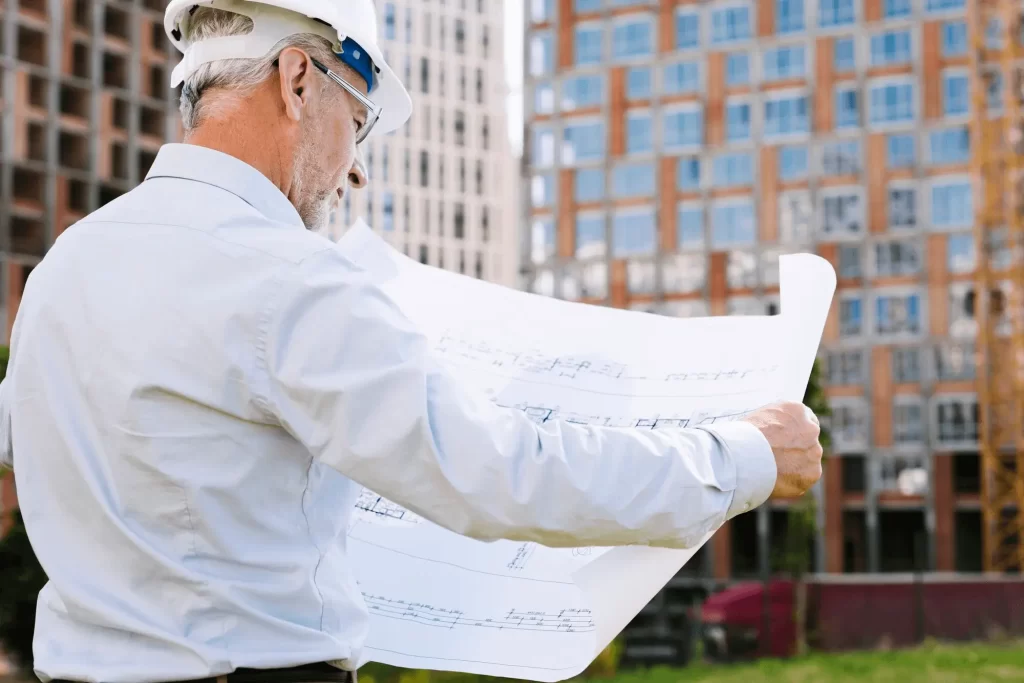
Role of MEP Engineer in Construction
MEP engineers—experts in Mechanical, Electrical, and Plumbing systems—are integral to both the construction industry and the seamless operation of buildings. But what exactly do they bring to the table?
- Design and Planning Mastery
1. Holistic System Design: MEP engineers collaborate closely with architects and construction teams to create plans that ensure all systems function smoothly together. They don’t just focus on individual systems; instead, they design them to integrate seamlessly, enhancing overall building performance.
2. Functional Efficiency: By prioritizing efficiencies, MEP engineers help design systems that minimize energy consumption and maximize functionality. This not only reduces operating costs but also supports sustainability efforts.
Precision in Execution
• Expert Installation: During the construction phase, MEP engineers work alongside contractors to implement their designs. Their expertise ensures that all systems are installed accurately and adhere strictly to safety codes and regulations.
• Rigorous Testing and Commissioning: After installation, these professionals conduct thorough testing to verify that every system component operates correctly. This step is crucial in identifying and resolving any potential issues before they impact the building’s users.
3. Long-term Building Support
• Ongoing Maintenance: Beyond design and installation, MEP engineers often oversee the continued maintenance of the building’s crucial systems. This ensures that they remain efficient and reliable throughout the building’s lifespan.
• Troubleshooting and Optimization: With their deep understanding of the systems in place, MEP engineers are quick to address any issues, optimizing performance to ensure continuous comfort and functionality.
How MEP Engineers Ensure Compliance with Building Codes and Regulations
Ensuring compliance with building codes and regulations is a crucial responsibility for MEP (Mechanical, Electrical, and Plumbing) engineers. Here’s how they achieve this:
1. Staying Informed: MEP engineers must regularly update their knowledge of current local, national, and international building codes. This often involves participating in continuing education and professional development programs.
2. Designing to Code: During the initial design phase, MEP engineers meticulously plan systems that comply with established codes. They utilize advanced software tools, like AutoCAD and Revit, to simulate and analyze system designs for adherence to these standards.
3. Regular Testing and Inspections: Once the systems are in the construction phase, MEP engineers conduct systematic inspections and tests. This ensures that all installations adhere to the design specifications and comply with relevant codes.
4. Collaboration with Authorities: MEP engineers often collaborate with local government officials and regulatory bodies. This cooperation includes submitting plans for approval, addressing any concerns raised during inspections, and ensuring that all required permits and paperwork are in order.
5. Documentation and Reporting: Keeping thorough records of the compliance process is vital. Engineers document all aspects of their work, including design changes, inspection results, and communications with authorities, to ensure full traceability and accountability.
6. Involvement in All Construction Phases: From conception to completion, MEP engineers actively participate in each construction phase. This consistent involvement ensures that any potential compliance issues can be caught and addressed promptly.
By following these steps, MEP engineers effectively safeguard the integrity of their projects, ensuring they meet all necessary building codes and regulations. Their diligent efforts prevent legal issues, enhance safety, and contribute to the overall quality of construction projects.
Can MEP Engineers Help with Building Retrofits and Renovations?
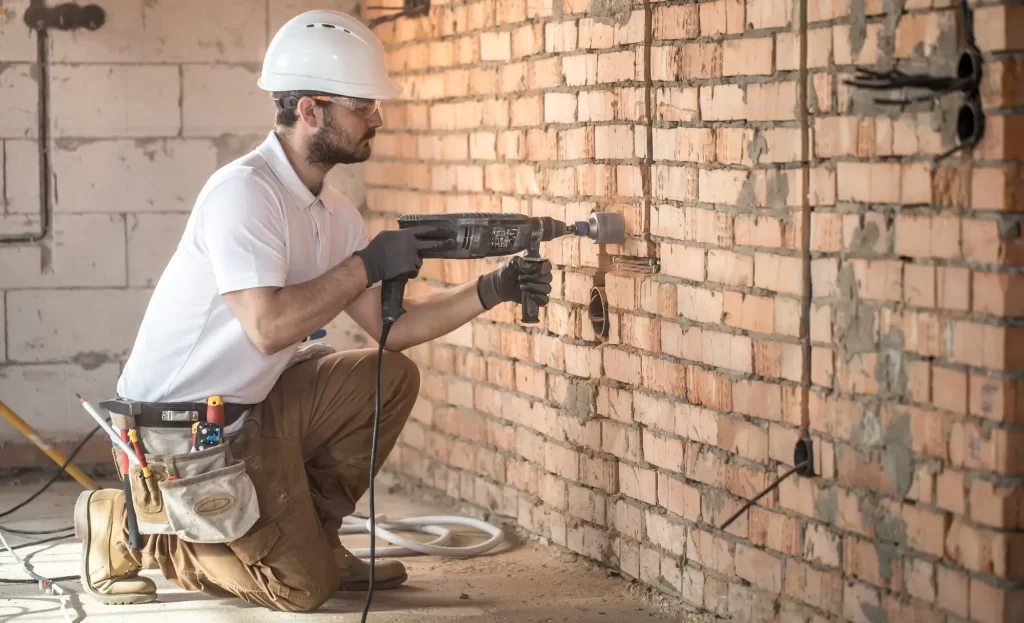
Absolutely, MEP (Mechanical, Electrical, and Plumbing) engineers are indispensable in the process of retrofitting and renovating buildings. Their expertise extends beyond basic repairs to encompass comprehensive assessments and redesigns.
Key Roles of MEP Engineers in Retrofitting and Renovations:
• System Evaluation: MEP engineers conduct thorough evaluations of existing systems to identify areas that require upgrades or replacements. This assessment is crucial for determining the most efficient approach to enhance an older building’s performance.
• Design and Integration: They design new systems—or modify existing ones—and ensure these systems are seamlessly integrated into the building’s current infrastructure. This step is vital to maintaining structural integrity and maximizing operational efficiency.
• Efficiency and Functionality Improvements: By upgrading mechanical, electrical, and plumbing elements, MEP engineers significantly improve the energy efficiency and functionality of ageing structures. This not only enhances the building’s performance but also contributes to sustainability goals.
In essence, their specialized skills are crucial for transforming older buildings into efficient, modernized spaces. With their technical knowledge, MEP engineers ensure that upgrades meet current standards and enhance the overall usability of the facility.
What Are Some Common Challenges Faced by MEP Engineers?
Mechanical, Electrical, and Plumbing (MEP) engineers encounter a variety of challenges that require dynamic problem-solving and adaptability. Here are some of the most frequent hurdles they face:
1. Complex System Integrations: Coordinating multiple systems—such as HVAC, lighting, and plumbing—into a cohesive and efficient design is often daunting. Ensuring that these systems work harmoniously demands meticulous planning and collaboration across different engineering disciplines.
2. Regulatory Compliance: MEP engineers must navigate a labyrinth of building codes and regulations, which are frequently updated. Staying abreast of these changes and ensuring compliance is essential to avoid costly delays and legal issues.
3. Design Conflicts: Misalignment between design objectives and actual construction can lead to significant conflicts. MEP engineers must work closely with architects and other stakeholders to resolve discrepancies swiftly and effectively.
4. Energy Efficiency Optimization: In today’s eco-conscious world, designing systems that minimize energy consumption without compromising performance is crucial. Engineers strive to integrate sustainable solutions that meet both regulatory standards and client expectations.
5. Adapting to New Technologies: With the rapid advancement of technology, MEP engineers must continually update their skills and knowledge. Adopting innovative tools and techniques can improve project outcomes but also demands ongoing learning and adaptation.
6. Unexpected Construction Issues: Despite thorough planning, unforeseen problems can arise during construction. MEP engineers need to be resourceful, developing quick and effective solutions to keep the project on time and within budget.
By successfully navigating these challenges, MEP engineers play a vital role in the creation of functional, compliant, and efficient building environments.
BEST MEP ENGINEERS & MEP ENGINEERING SERVICES IN CONNECTICUT
Russell and Dawson provides a full suite of MEP (Mechanical, Electrical, and Plumbing) engineering services, complemented by architectural design, structural engineering, HVAC solutions, and sustainable design.
Why Choose Russell and Dawson for MEP Services?
• Decades of Experience – With over 50 years in the industry and more than 10,000 projects completed, we bring extensive knowledge and expertise.
• Highly experienced MEP Engineers – Our team consists of highly skilled and experienced MEP engineers.
• Integrated Solutions – Our MEP services emphasize energy efficiency, sustainability, and adherence to industry standards.
• Client-Focused Approach – We prioritize collaboration, transparent communication, and efficient project management.
• Cutting-Edge Design – Leveraging BIM and advanced technology, we optimize efficiency and project success.
• Quality & Compliance Assurance – All designs adhere to local and national codes, ensuring safety and functionality.
With our expertise, comprehensive approach, and dedication to excellence, Russell and Dawson is your trusted partner for MEP engineering.
Wrapping Up:
MEP engineers are the backbone of any successful construction project. Their expertise in mechanical, electrical, and plumbing systems ensures buildings are not just operational but also energy-efficient, safe, and up to code. From the early design stages to installation, maintenance, and even renovations, MEP engineers’ help optimize building performance while making sustainability a priority.
When it comes to top-tier MEP engineering services, Russell and Dawson is a name you can trust. With over 50 years of experience and more than 10,000 completed projects, their team delivers tailored, high-quality solutions for every project. Whether you need HVAC, electrical, plumbing, fire safety, or energy management, they provide cutting-edge, compliant, and efficient MEP services.
Working with a reliable MEP firm like Russell and Dawson ensures that your project stays on track, meets all regulatory requirements, and operates efficiently in the long run. Expert MEP engineering isn’t just about meeting standards—it’s about creating buildings that are smarter, safer, and built for the future.
